VR tourism has been a trend among the tech-savvy for some time now. But what was once a niche interest has become a new standard among various companies. Travel agencies, hotel chains, and destinations have incorporated virtual reality into their services. As you’ll soon see, the result is a breathtaking worldview.
Quick Menu:
- What Is Virtual Reality?
- How Is the Tourism Industry Defined?
- Why Is VR Tourism Gaining Popularity?
- Virtual Reality Gear for VR Tourism
- 3 Examples of VR Tourism
- 3 Brands Already Investing in VR Tourism
- From VR Tourism to Tourism in the Metaverse
- VR Tourism as a Metaverse Trend
What Is Virtual Reality?
Defining and examining virtual reality before looking at VR tourism is essential. Virtual reality might seem like a fairly self-evident subject at first glance. You put on a headset and then find yourself in a digital world. But metaverse companies have created a rich ecosystem that gives you a lot of options for virtual experiences. When you think about VR, you probably imagine its fully immersive form. You experience this when using a VR headset and appropriate accessories like gloves or treadmills.
There are also non-immersive forms of VR that are experienced through traditional interfaces like computer monitors. And semi-immersive forms give you an immersive visual experience but limit your autonomy within the digital space. You can delve into a larger examination of the nature of virtual reality and the metaverse in the article “Virtual Reality; Discover VR, Its Components, Technology, and Players”.
How Is the Tourism Industry Defined?
Now that you’ve seen the VR part of VR tourism, it’s time to look at tourism as a whole. The tourism industry can be defined as the primary and tertiary economic entities surrounding and facilitating recreational travel. That description might make you think about travel agents or hotels. But you should broaden your view of it and consider how money flows into travel destinations. The tourism industry is often a subset of many other business concerns.
For example, conferences often have ties to the tourism industry. And the same holds for paid travel options in tourist destinations, restaurants frequented by travelers, etc. But not all travel falls under the label of tourism. The length of your stay essentially defines it. If you’re sticking around for more than a year, it’s not considered tourism anymore. And the same generally holds true for international students who are studying abroad.
Why Is VR Tourism Gaining Popularity?
The combination of tourism and virtual reality has taken the world by storm. And there’s good reason for that fact. The larger metaverse meaning has always focused on experiential factors. People certainly buy equipment to access the metaverse. But the real product is the experience of being in a magical new environment. And the same is true of the travel industry. When customers book flights or hotels, it’s a means to an end.
Just as with the metaverse, travelers are really buying an experience. But until recently, people couldn’t really get a taste of those experiences beforehand. Pictures and videos helped people get some ideas about what their vacation might be like. But VR provides a far more immersive experience. For the first time, people can look around and get an idea of what it’d be like to stand on distant shores or watch another land’s sunsets.
Virtual Reality Gear for VR Tourism
While VR tourism is mainly focused on an experience, that doesn’t mean you can neglect your gear. Just as traditional tourism requires you to pack for the journey, so will VR tourism. This essentially means matching virtual reality gear to your particular needs. A VR headset is a given. But you should also consider whether your headset needs augmented reality or mixed reality support. VR interface controllers are also an important consideration. You can find the most important aspects of VR gear in the article “VR Headsets; Your Complete Guide to the Top Virtual Reality Gear”.
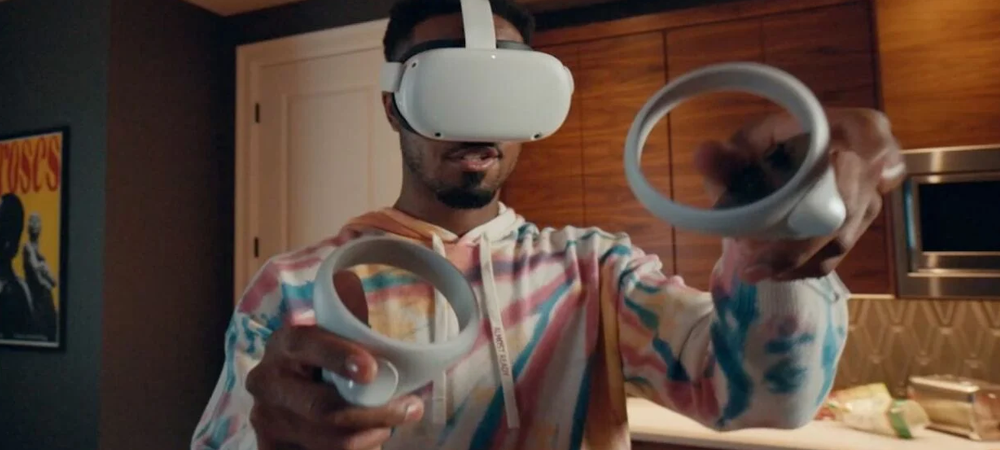
Image attribution: Mashable
3 Examples of VR Tourism
Now that you have a good idea of the theory, it’s time to look at the practice. Technically, VR tourism can encompass almost anything. Part of what makes virtual reality so exciting is the fact that it’s only limited by imagination. But with that in mind, VR tourism techniques and technologies can largely fit into three different categories.
Virtual Booking Interfaces
Virtual booking interfaces are what you experience when working on the logistics of your vacation. You can think of it as a “hub world” of sorts within the larger VR tourism experience. The virtual booking interface lets you choose hotels, consider different destinations, and even make payments. These interfaces are still in a relatively early stage of development. But if metaverse events are any indication, virtual booking interfaces will continue to grow in overall functionality. Metaverse hubs let you move from world to world. And booking interfaces will one day let you explore individual hotel facilities or compare rooms.
Video: The world’s first Virtual Reality travel search and booking experience
VR Travel Experiences
Most people think of VR travel experiences when they hear about VR tourism. It’s an experience that begins when people boot up VR gear from their favorite metaverse brands. From that point, they can sample some of the local flavors from around the world. It’s a chance to get a VR-based version of real-world locations. For example, you could instantly jump into a recreation of some famous landmarks to get an idea of their true size and majesty. Many companies also let you take a look at everything from hotels to their facilities before booking a trip.
Video: Ancient city of Petra, Jordan. Aerial 360 video in 8K
VR Hotel Tours
Hotels are often included in the larger VR travel experiences. But some hotels take VR tourism to the next level by opening up their services’ breadth. Hotels are able to take incredible high-quality photographs of their grounds since they have total control over them. This allows them to recreate areas in perfect detail essentially. The resulting model is often integrated into monoscopic views that can be used outside of virtual reality setups. For example, you can load a hotel’s monoscopic model on your phone while still having the option to use virtual reality headsets.
Video: Shangri-La Hotels Virtual Reality Tour
3 Brands Already Investing in VR Tourism
Now that you’ve seen the tools used within VR tourism, it’s time to look at some of the best options. While many companies use VR tourism, the following are some of the most innovative and popular.
Marriott
Marriott has taken on the challenge of VR tourism from two different angles. People on-site can borrow a Samsung Gear VR headset to explore the company’s Milk VR platform. Meanwhile, people can also take a look at what Marriott offers from the outside as well. This is accomplished in part through “VR Postcards”. The postcards system allows people to link their experiences to form a visual storytelling experience. Marriott’s VR isn’t just about putting yourself into an exotic environment. The platform also helps you share those experiences with loved ones back home and for posterity.
Video: VR Postcards | Behind the Scenes
First Airlines
First Airlines is often described as the first virtual airline. It takes VR tourism to the next level by mixing real-world and digital simulations to create a fully immersive experience. People board a perfect recreation of an A310’s cabin. The recreation even uses authentic seats from decommissioned planes. Once they board, a passenger can enjoy authentic meals based on the culinary tradition of their destination. And when that moment of arrival comes, the passenger dons a VR headset to enjoy the sights. Flight attendants are even on hand to help with meals and offer various beverage options.
Video: Japanese company First Airlines launched world’s first virtual airline
Visit Wales
Visit Wales aims to do exactly what its name describes – help people visit Wales. Visit Wales uses VR tourism to bring the experience of visiting Wales to people worldwide. The system leverages 360° photography to capture the sights of Wales in pristine clarity. And a variety of parties have added their own resources and expertise. This allows users to sample experiences as varied as museums, countryside, castles, and courtyards. On top of the visual element Visit Wales also opens up the full scope of the region’s history through learning experiences and art collections.
Video: Zip World Velocity 360º VR Adventure – Visit Wales
From VR Tourism to Tourism in the Metaverse
VR tourism is a fantastic way to see the world. But virtual reality is itself a metaverse-related technology. Virtual reality is tied to the metaverse, so your digital travel isn’t limited to earth. You can explore an entire universe of digital sights and sounds within the metaverse. Every metaverse instance is a new world or even galaxy unto itself. Metaverse explorations provide rich experiences, fascinating people, and even opportunities to earn or win real money. You can learn more about the metaverse in the article “Metaverse Guide; Understanding The Basics Will Open Up a New World”.
VR Tourism as a Metaverse Trend
VR tourism might seem like it came out of nowhere. One minute it’s just an idea, the next, there’s an entire industry built up around it. But that’s fairly common with extended reality and the metaverse in general. Metaverse companies tend to grow alongside the technologies they’re using. And make no mistake, these technologies are growing at an amazing pace. That’s why trends like NFT support in applications or metaverse games have rapidly grown. Tech development often grows exponentially. You can get a broader view of metaverse-related trends in the article “Metaverse Trends; Upcoming Milestones for the Digital Frontier”.
You might have thought of VR tourism as a futuristic concept. But as you’ve seen, you can now explore and enjoy virtual reality tourism. The call to a new adventure has begun, and you can be part of it.
Did You Like This Article About VR Tourism?
You might also be interested in the following articles:
- Roblox Metaverse; One of the Biggest Players in the Metaverse Worlds
- Decentraland Guide; Overview, Components, Things To Do & More!
- Metaverse Standards Forum; What Is it & Why Is it Needed?

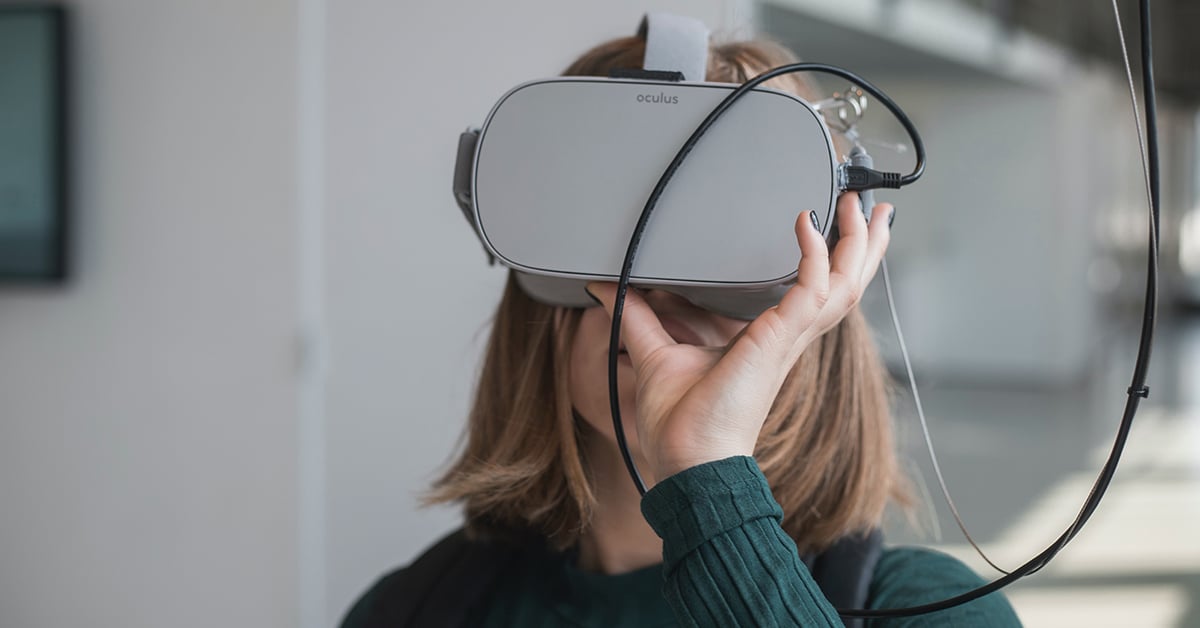
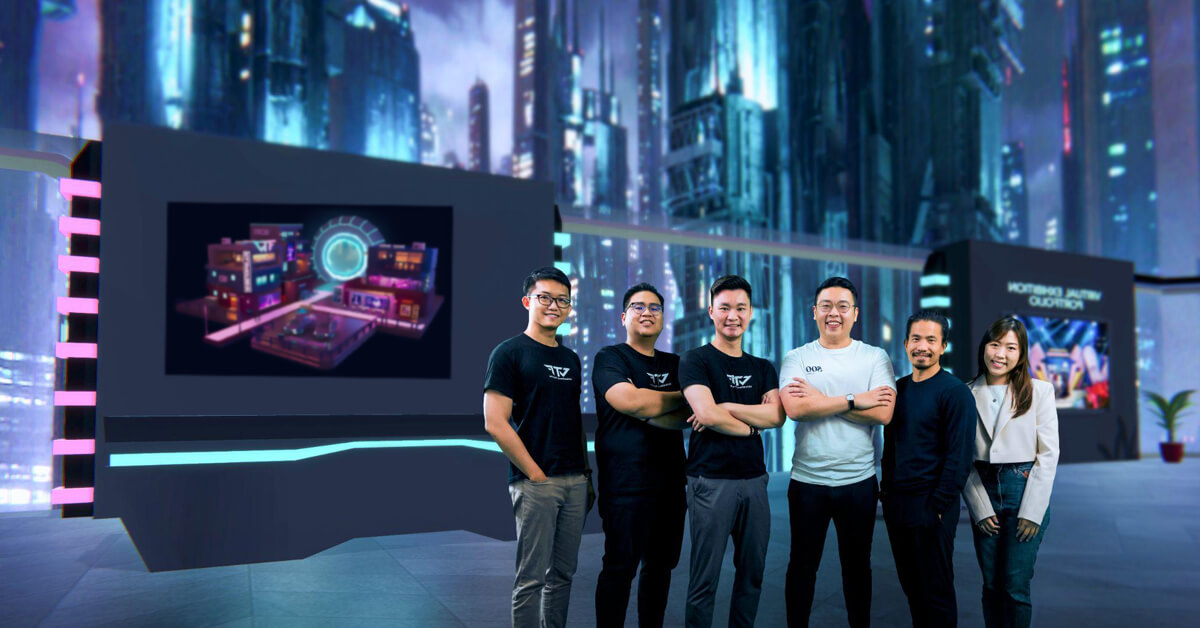

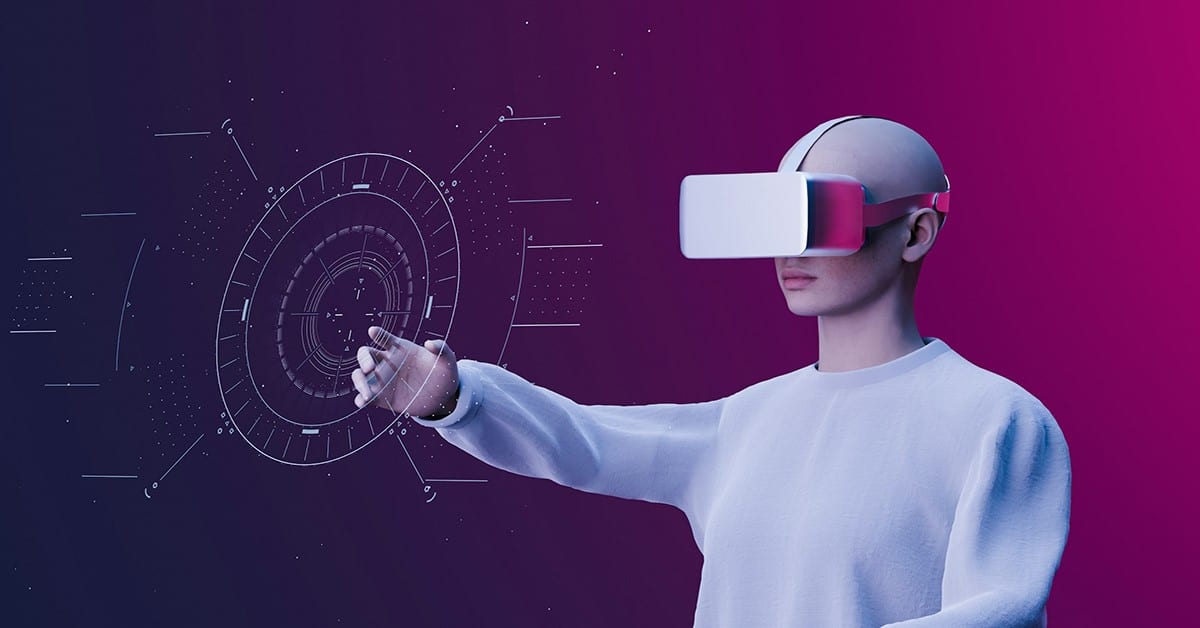
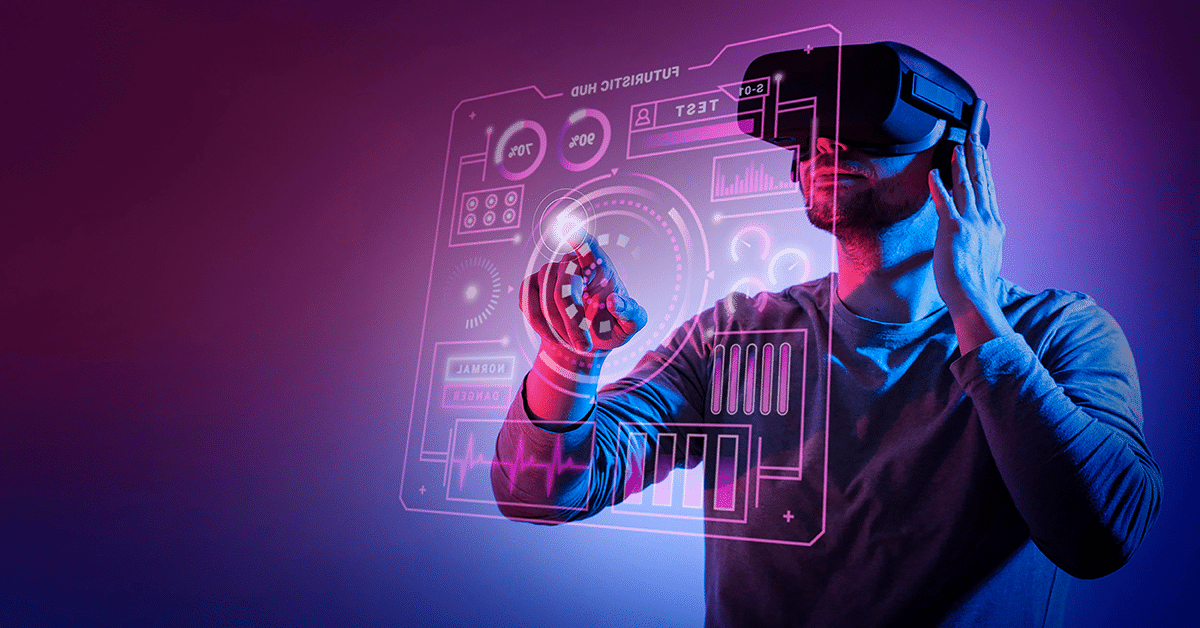
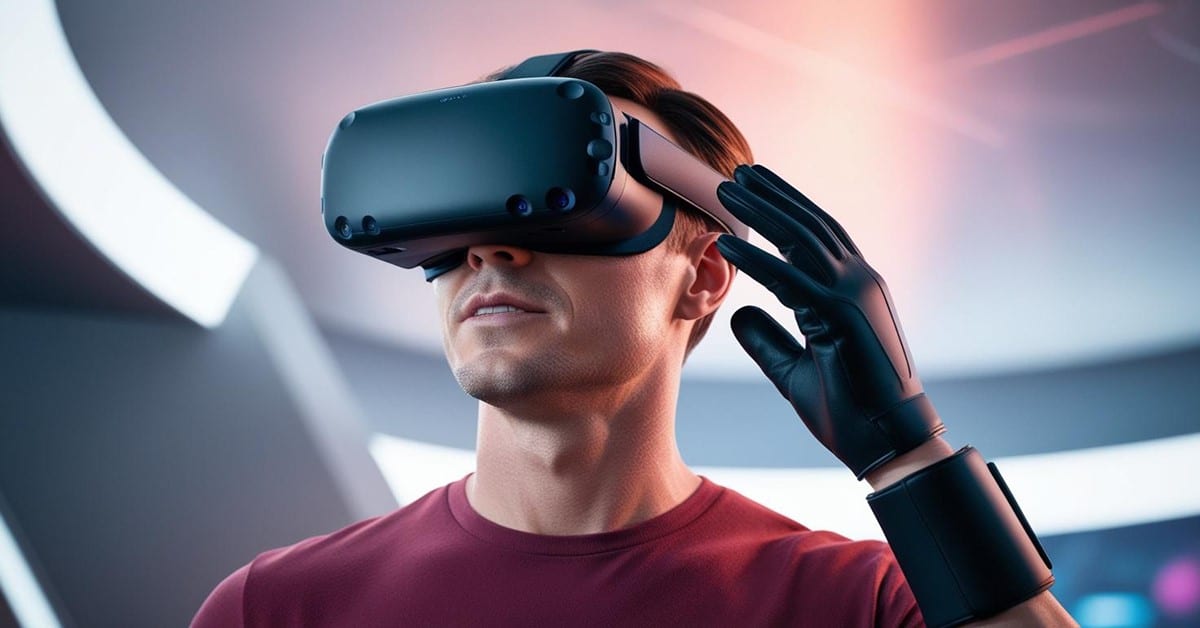


Leave A Comment